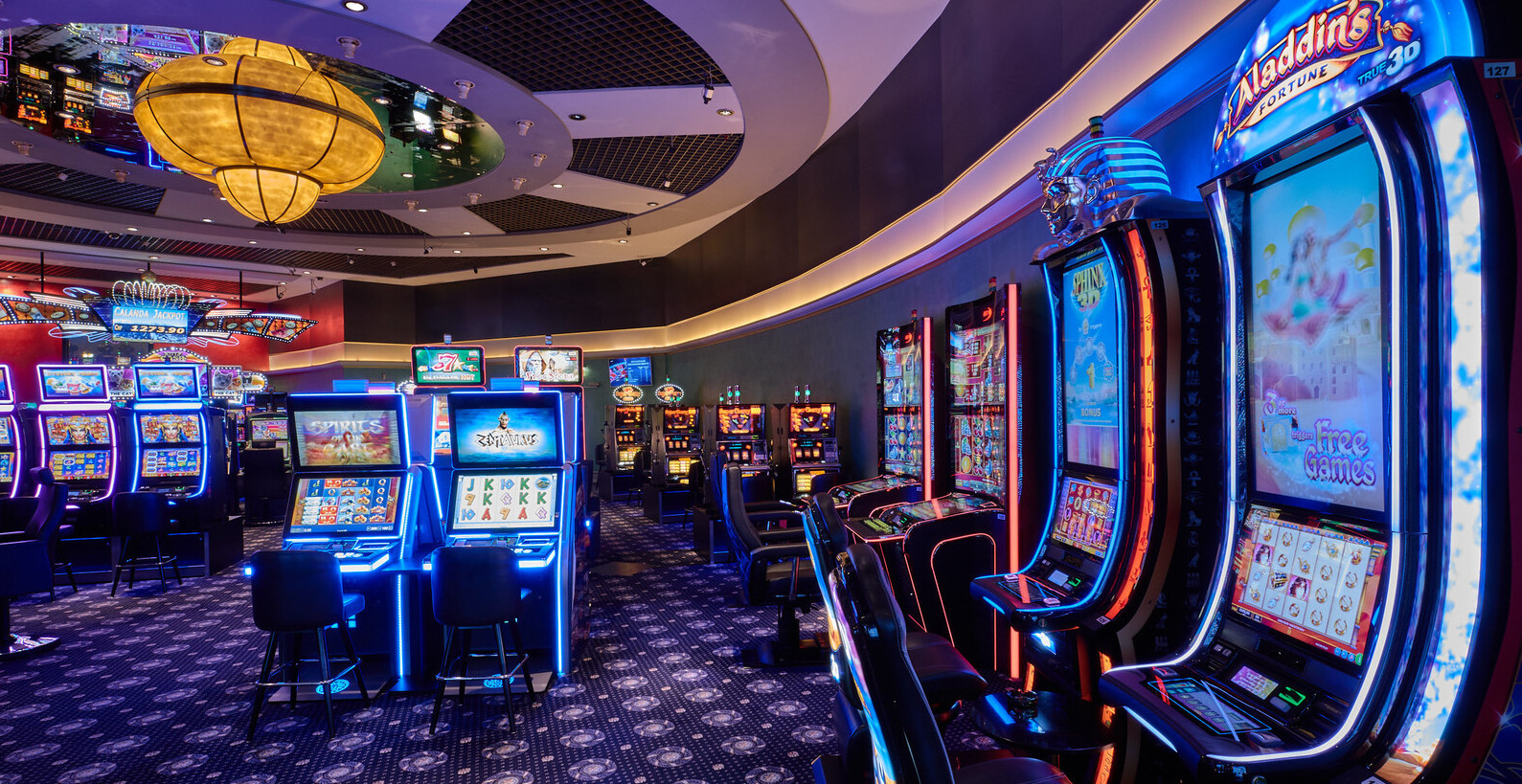
Gambling games have long captivated a wide range of players, providing not only the thrill of chance but also a distinct experience crafted for various player types. Including analytical thinkers who thrive on skill and calculation to the casual players who seek entertainment, casinos understand the subtleties of their audience and design games that accommodate these varied interests.
In investigating the realm of gambling games, we discover a variety of options that attract all types of players. High-stakes poker tables draw those who are competitive, while colorful slot machines appeal to individuals in search of quick rewards. Whether it be the chance to win big or simply relishing the social environment, casinos design their game offerings to ensure that all players find a place where they feel welcome and involved. Recognizing how these games are designed for diverse types of players can enhance not only our appreciation of them but also our method for choosing which games to play.
Grasping Player Types
In the varied world of gaming entertainment, gamers can be categorized into distinct types based on their motivations and choices. These participant types range from the laid-back and communal gamers, who enjoy the fun value and social connections that gambling provides, to the more strategic and methodical players, who seek to increase their probabilities and profits. Understanding these various categories is essential for casinos to adapt their offerings and build immersive experiences.
One common type is the social player, who views casino games as a form of social interaction and entertainment rather than a high-stakes gambling activity. These players often enjoy games that encourage engagement and togetherness, such as poker. Their attention is on the process rather than the conclusion, so vibrant settings and mutual moments are what they cherish the most.
On the opposite end of the spectrum, competitive players are motivated by contest and the pursuit of skill. They tend to be drawn toward games that require tactical planning and strategy, such as poker, where their abilities can determine the outcome. This category often involves with the games on a more intense level, utilizing knowledge and strategies to gain an edge. 5MB Grasping these drives allows casinos to create atmospheres and game selections that address to each participant’s distinct preferences.
Strategies for Game Design
Casino games are designed with varied player types in mind, employing various strategies to attract and capture them. For casual players, the focus is on simplicity and clarity. Games like slot machines are frequently visually appealing with simple mechanics. This enables players to enjoy the gameplay without a difficult learning curve, fostering an inviting atmosphere. The bright colors, engaging audio, and themes create a playful environment where players can easily get involved and entertained.
For tactical players who enjoy a more profound level of involvement, games such as poker and 21 offer depth and strategic elements. These games feature strategy and decision-making, attracting to players who excel on competition and want to exercise their cognitive abilities. The design of these games regularly includes intricate rules and mechanics that test players to hone their skills and create strategies over time, creating a rewarding experience for those who appreciate mastering the game.
Additionally, community-oriented players are considered through games that emphasize engagement and community. This includes live casino options and multiplayer formats, which foster a sense of camaraderie among players. The design of these games typically incorporates chat features and communal aspects, allowing players to interact and share experiences. By creating an environment where interaction is encouraged, casinos can effectively engage community players, making the gaming experience more pleasurable and unforgettable.
Improving Participant Satisfaction
Gambling options have advanced significantly to provide a significantly entertaining atmosphere for gamers. Game developers focus on stunning graphics, immersive sound effects, and novel gameplay mechanics that pull gamers into the casino atmosphere. By employing tech, such as immersive technology and AR, betting houses ensure that participants feel as if they are part of a dynamic experience, enhancing not just the enjoyment of the titles but also the complete enjoyment of being in a betting establishment.
Player interaction is another important factor in boosting participant satisfaction in gambling titles. Many options are designed to encourage engagement among players, whether through multiplayer formats or chat features. This interactive component attracts participants who enjoy communicating with other participants while engaging, fostering a community vibe community. Moreover, social features can consist of leaderboards, competitions, and incentives for cooperative gaming, which engage determined participants and inspire them to return for further.
Finally, customization plays a vital role in tailoring the experience for various gamer demographics. Gaming establishments and software designers examine participant habits and preferences to provide tailored game suggestions and benefits. By comprehending the distinct preferences of participants, casinos can provide tailored offers, bonuses, and new game releases that satisfy each gamer, thus improving their total enjoyment and loyalty to the gaming venue.